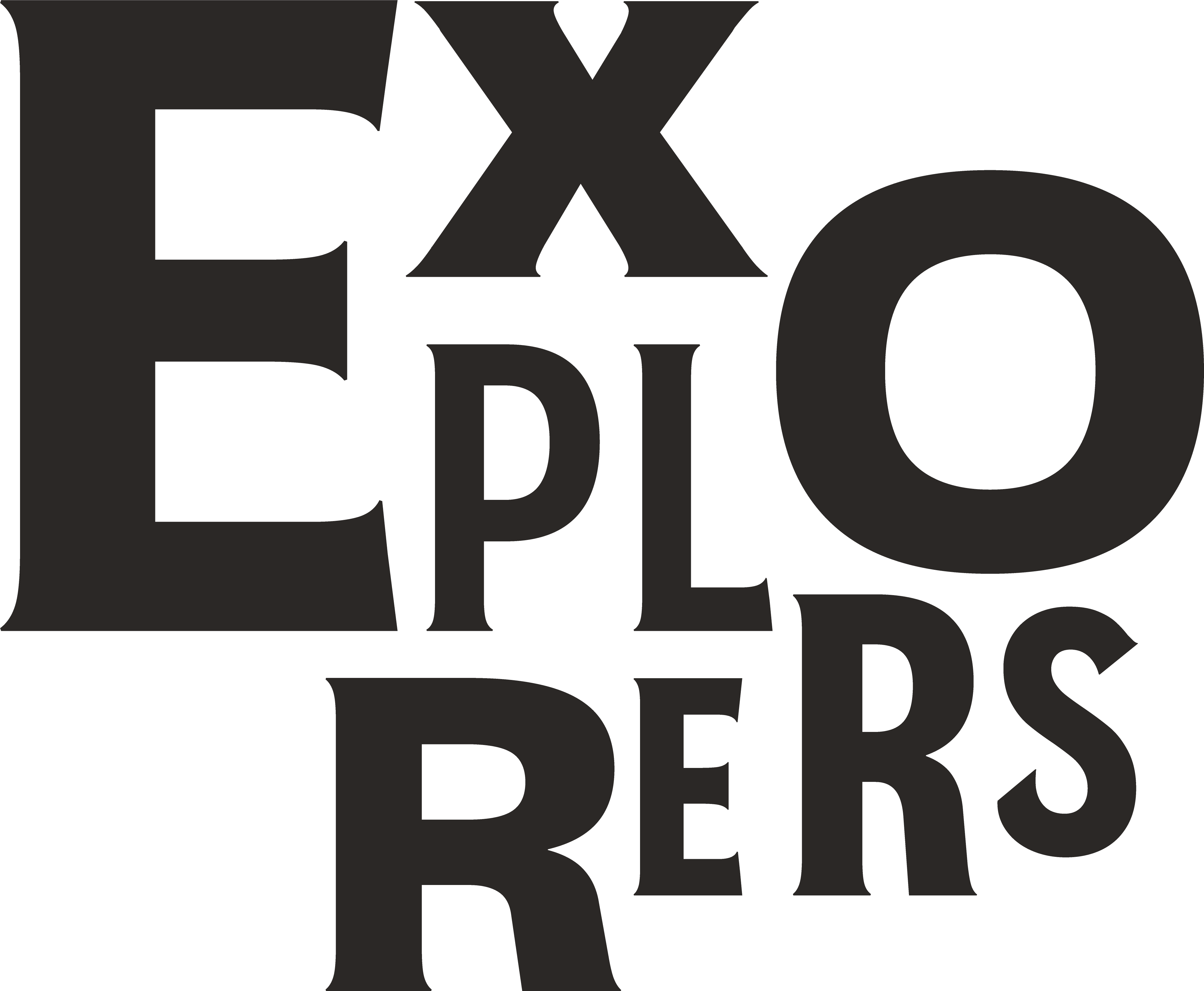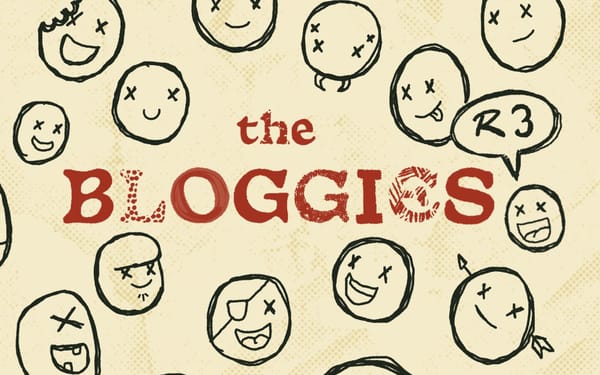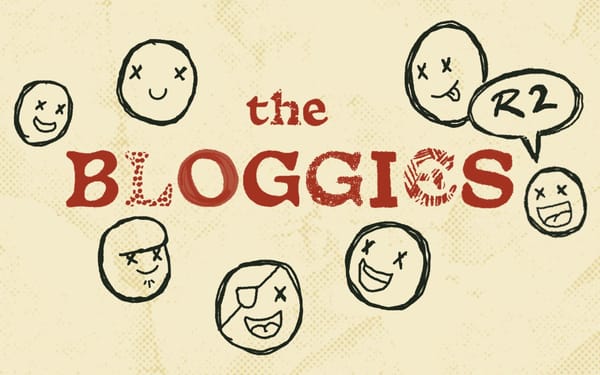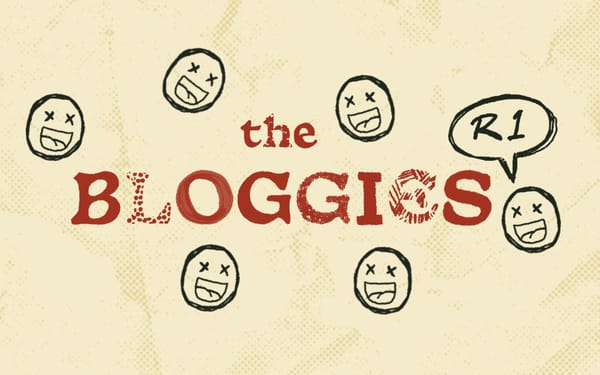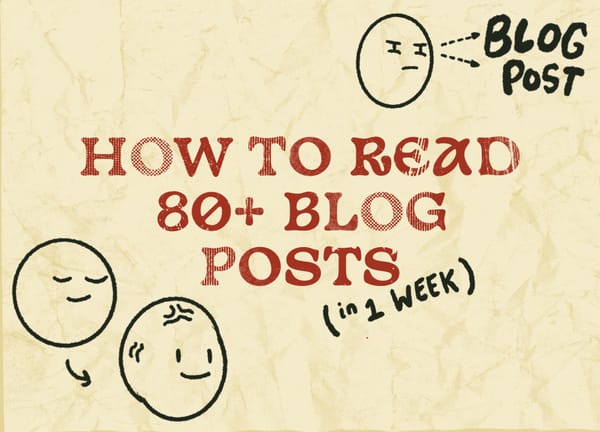Dare to Play it Straight
The rarest tabletop genre is the simplest one. A call for more anti-mashups.
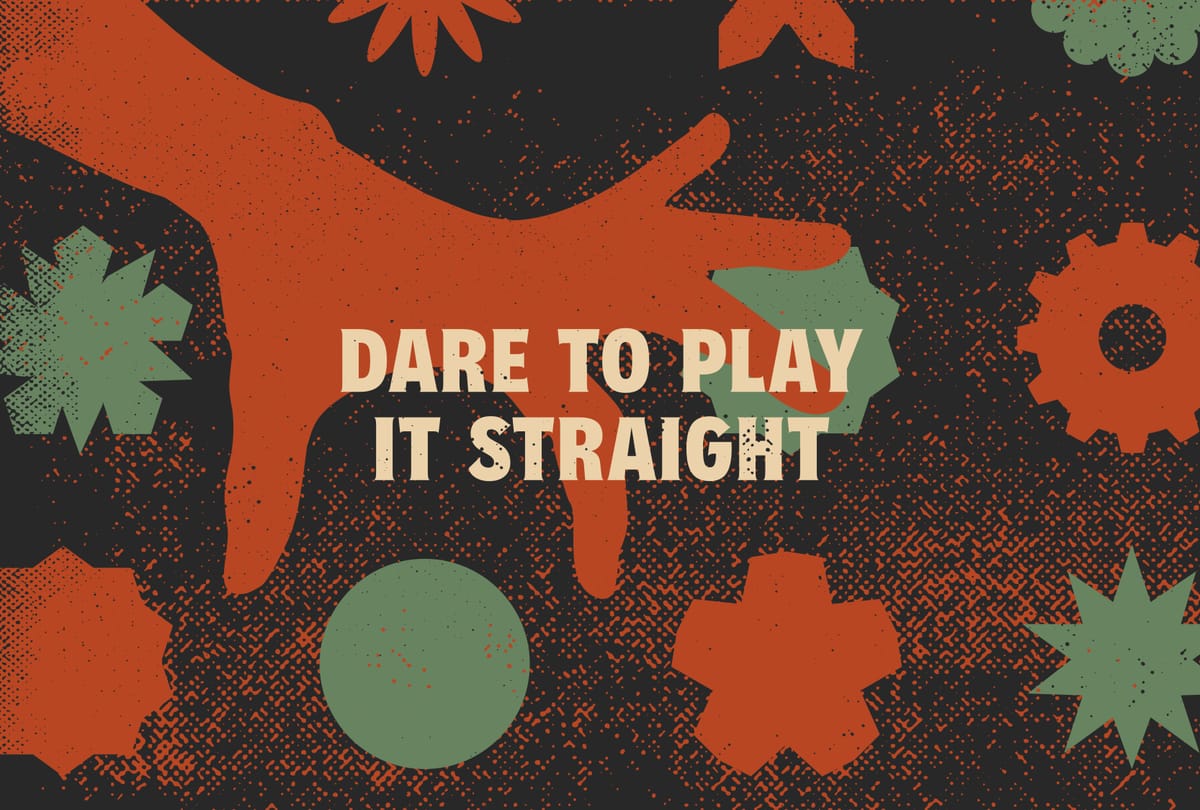
What makes a genre its genre?
Some stories are permanently tattooed onto my brain. The standoff in The Good, The Bad, and The Ugly. The last embrace of Rick Blaine and Ilsa Lund in Casablanca. Or the classic gumshoe, Philip Marlowe, confronting the femme fatale in The Big Sleep. Iconic moments at the height of their genre pastiche. The culmination of story beats that could only have arrived at that place.
I know what we're all thinking. That standoff would be a lot cooler if it were between a voodoo witch doctor, a high-elf sheriff, and a crafty little goblin. Nothing screams Casablanca like that scene where Rick said, "We'll always have R'leyh," right before he blasted Deep One Ilsa with his .44. Just imagine how much cooler that femme fatale would be if she were a bloodsucking vampire from Egypt.
I'm being facetious of course. I don't think those mashups would make them cooler. Don't get me wrong. I love mashups. It's the bulk of what I play, and I'll keep playing them. Especially the ones with unexpected combinations. They're big, bold, and often revelatory. To borrow a quote, "I know writers who use subtext, and they're all cowards." Nothing kills that coward's way like an army of zombies.
I still believe that. But more and more, I'm starved by that approach. I think many of us are, because when you mix westerns with Dungeons & Dragons, dramas with Blade, and detective fiction with Call of Cthulhu, something unexpected happens—you don't play with everything one genre has to offer. We end up replacing a lot of its themes with vibes, because a genre isn't just what it has, but what it lacks. That absence creates space for some genre themes to grow.
And I know what you're thinking. Clayton, a romcom is a mashup of sorts, and some mashups are a standalone genre on their own. (Looking at you, Weird West.) It's impossible to play a game that isn't a mashup. And I concede to this. You are right. Which is why, when I say mashup in this artice, I'm referring to a specific variety prevalent in rpgs. The mundane + cthulhu/ vampire/ steampunk/ zombie/ wizard mashup that games are rich with. They're great. I'm not saying there should be fewer of them. I'm saying I want to see (and play) more of their "plainer" counterparts. Where are the Red Dead Redemption rpgs? The Scooby-Doo mysteries with no monsters? The Philip Marlowes with their .38s and no magic?
Sure, you can still have Father Brown with Cthulhu in the background, but there's no way he's doing his usual stuff when suspects have that Innsmouth look. "Preparing tomorrow's homily? Mrs. McCarthy, we need to get out of here. We're going to have to shoot our way out!"
Why do we do mashups?
I think there are countless reasons why we smash different genres together. Good reasons. The four reasons below are small, not all-inclusive, examples. My counter argument for each isn't me "disproving" why we do them, but offering a counter reason for why we might choose not to.
The mashup can give us an unexpected twist.
Juxtaposition is a powerful tool that pulls something new out of something old. It can create new meaning, like when Watchmen gave superheroes a damning depiction by depicting them in a believable American context. The mashup can also heighten or "dial up" the things in a genre we enjoy, like when rich, white people become literal vampires in Interview with a Vampire. This is one reason why mashups exist and why I think they're valuable.
But here's a counter argument: It's not a twist when it's the norm. Sure, we have hundreds of pure westerns, dramas, and mysteries in books, movies, and television—but we have relatively few in tabletop games. I would wager it's harder to find mysteries without some kind of eldritch horror/SCP-style reveal. And while I do think mashups are great at illuminating and heightening a game's themes, I think there are some themes and twists of a genre that disappear in the presence of our louder genre companions, like Dracula and Azathoth.
The mashup can "sanitize" the genre for play.
Let's be abundantly clear. The Wild West? Oof. Gangsters? Yikes. These are genres with challenging subject matter, the kind most tables cannot engage with. We're talking about slavery, genocide, racism, and a whole lot of sexual violence. But sometimes genre creates new models for these themes through metaphor, pulling them from our real-life constraints, and empowering us to examine, experience, and explore them with a new perspective.
Here's a counter argument: Often times, the problematic elements are the point, and replacing or removing them doesn't fix the genre for play—it can rob it of its power. Westerns, particularly anti-westerns (which are still westerns) are about things like colonization, race, and capitalism. They're not really about wagon trains, bank heists, and shoot outs. Those are just set pieces. When we remove or swap out the real genre themes, we often hide the context that gives it meaning, usually while erasing an entire group of people or taking away their context. Sometimes the purpose of safety tools is to drive straight at the tension—engage with the subject matter—otherwise we fall into the trap of replacing groups with elves or treating real life monsters like supernatural ones with magic plot determinism.
The mashup can give us approachable conflicts.
This is a conceit I understand well. Try as I might, it's very hard to adapt Mad Men to rpgs. I know right away how to run most dramas and romances if I add a wizard or zombie, but without the typical rpg mashup, I'm a little lost. If Don Draper was a spirit-vanquishing martial artist, it would be a lot easier. Sometimes mash-ups provide external conflict to genres that are traditionally driven by internal conflicts. Some might say the mashup is the best way to get the inkling of some genres to the table.
A hopeful counter argument: I think there's a way to do it without the mashup. The more games, procedures, and mechanics I take in, the more convinced I am of infinite possibilities. There's a way to play Mad Men the RPG, along with all the other dramas, rom-coms, and comedies I'm after. Someone just hasn't invented or hacked the right system for everything yet. Maybe you do need the mashup for Powered by the Apocalypse or Cipher, but maybe we can play the non-mashup variant with something an indie creator is cooking up right now.
Addendum: The mashup can expand the audience.
I forgot this point because it's almost entirely external to the work, but mashups are great for marketing and drawing people in, because every genre adds another audience and cultural touchpoint for players to latch onto. Do you love Godzilla? Do you love Star Wars? Do you love Aliens? When you play with just one genre, you are largely limited to the audience of that one genre, but if you add several genres together, suddenly there's something for everyone. Don't know how to roleplay in a historical drama? Don't worry, this game also has werewolves—and you know how to fight werewolves. Mashups are great because they give players handles to hold onto, and give them permission to not be precious with the game's themes, voice, and tone.
A small counter argument: I think this point confirms why the mashup is popular, but doesn't disprove the value of a game without the typical mashups. It's harder to market straight-genre (in rpgs), because they often lack an immediacy for play without the addition of monsters, aliens, and magic. That's what I mean by "mashup" in the rpg context. I'm not lamenting an abundance of crime-meets-suburbia mashups or romance-meets-comedy mashups, I'm frustrated that when rpgs specifically do mashups, it usually means aliens, cultists, or warlocks. I think there is a way to market and orient players to some games and stories without invoking the power of Godzilla. And I have to believe it, because some genres cannot co-exist with Godzilla.
Show me your anti-mashup games.
I know there are many out there. I want more. More westerns that play only with the settings, themes, and characters of westerns. Give it to me with a new perspective, a new analogous setting (like The Good, The Bad, and The Weird), or a new take on the same themes. Make me a detective game without the Mi-Go. A romance without the aliens. A drama without the robot uprising.
I love a mashup—a genre cocktail—but let's see the alternative. The straight, no blend, single cask, twice-distilled, one-genre games.
Limitation breeds creativity. When you can't throw in a lich, you have to drill down into what's already there. I bet there's something really good in these genre trappings —things only tabletop games can mine.
Send me your recs. Share your creations. And let me know what your one-genre games provide that the mashups don't. Until then, I'll keep exploring.
Explorers Design is a production of Clayton Notestine. If you liked this article, please consider liking, sharing, and subscribing. Members who pay $5/month also get access to additional tools, templates, and inspiration.
